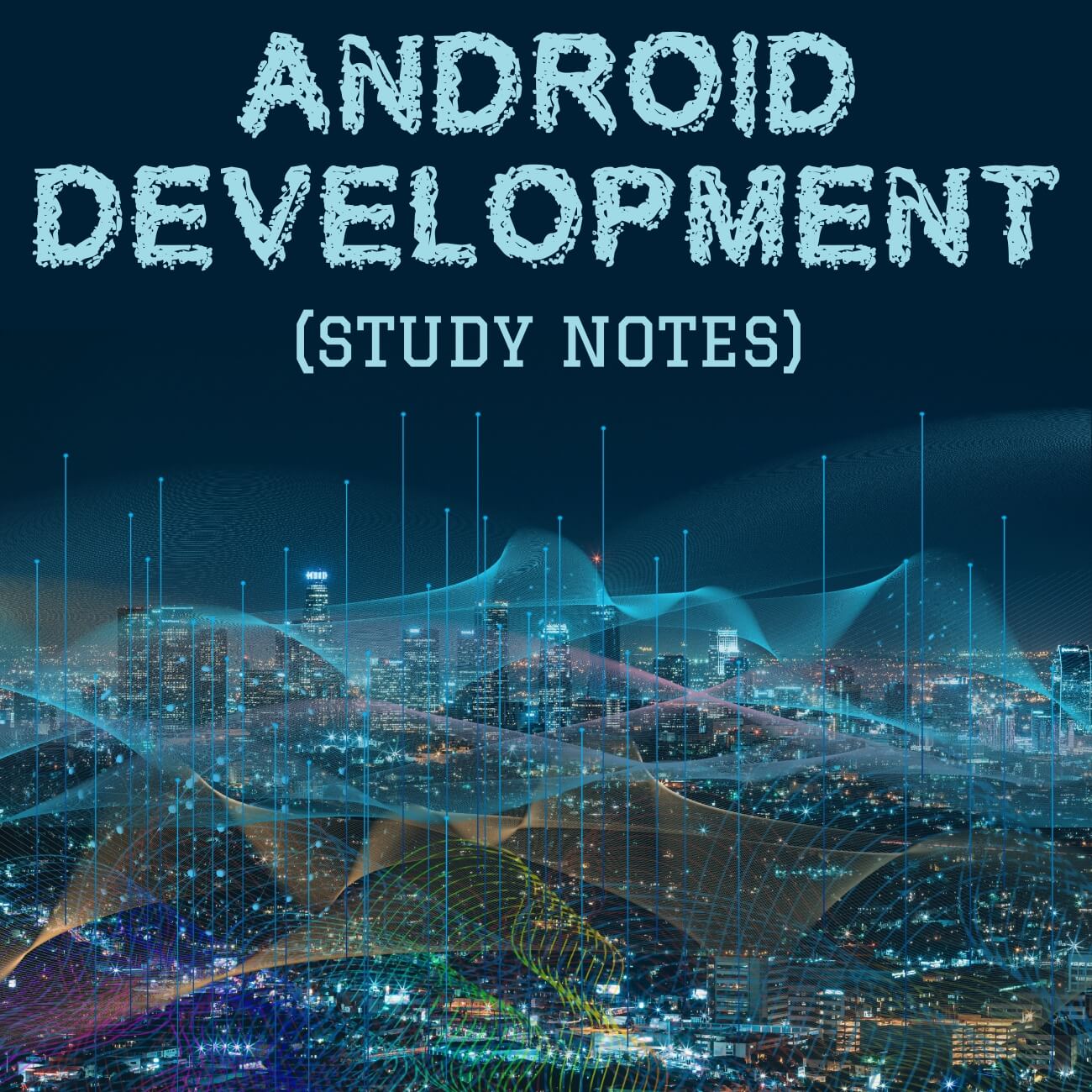Programming for Android App Development: A Comprehensive Guide

Android app development has become a highly sought-after skill in today's mobile-centric world. With millions of Android devices being used worldwide, there is a constant demand for innovative and functional apps. If you're a developer looking to venture into the realm of Android app development, this comprehensive guide will provide you with all the essential knowledge and skills you need to get started.
In this article, we will cover everything from the basics of Java programming to advanced concepts like UI design, data handling, and integrating APIs. Whether you're a beginner or an experienced programmer, this guide will serve as a valuable resource to enhance your Android app development skills.
1. Introduction to Android App Development
This section will provide an overview of the Android platform, its history, and the tools and technologies involved in Android app development. You will also learn about the Android development ecosystem and the various components that make up an Android app.
2. Setting Up the Development Environment
Before diving into Android app development, it's essential to set up your development environment. This section will guide you through the installation of Android Studio, the official IDE for Android development. You will also learn how to configure the necessary SDKs and emulators for testing your apps.
3. Java Programming for Android
Java is the primary programming language used for Android app development. In this section, we will cover the basics of Java programming, including data types, control flow, object-oriented programming, and exception handling. You will also learn how to write efficient and maintainable code for your Android apps.
4. User Interface Design
The user interface is a crucial aspect of any Android app. This section will teach you how to design attractive and user-friendly interfaces using XML layouts and the Android UI toolkit. You will learn about different UI components, layouts, and how to handle user interactions effectively.
5. Working with Data
Most Android apps require data storage and retrieval. In this section, you will learn how to work with databases, shared preferences, and files in Android. You will also explore different data storage options and learn best practices for efficient data handling in your apps.
6. Networking and Web Services
Many Android apps rely on network connectivity and web services for fetching data or interacting with external APIs. This section will guide you through the process of making HTTP requests, parsing JSON data, and integrating web services into your Android apps.
7. Multimedia and Camera Integration
In this section, you will learn how to incorporate multimedia elements like images, audio, and video into your Android apps. You will also explore camera integration and learn how to capture and manipulate images and videos using the device's camera.
8. Background Processing and Multithreading
Efficient background processing is essential for a smooth user experience in Android apps. This section will teach you how to perform time-consuming tasks in the background using threads and asynchronous programming techniques. You will also learn about the Android framework's built-in support for background processing.
9. App Testing and Debugging
Thorough testing and debugging are crucial for ensuring the quality and reliability of your Android apps. This section will introduce you to various testing techniques, including unit testing, integration testing, and automated UI testing. You will also learn how to use the debugging tools provided by Android Studio to identify and fix issues in your code.
10. Publishing and Monetizing Your App
Once you have developed and tested your Android app, it's time to publish it on the Google Play Store. This section will guide you through the app submission process, including creating a developer account, optimizing your app listing, and implementing monetization strategies.
In conclusion, this comprehensive guide has covered all the essential aspects of programming for Android app development. By mastering the concepts and techniques discussed in this article, you will be well-equipped to create innovative and successful Android apps. Remember, practice and continuous learning are key to becoming a proficient Android app developer. So, start exploring and honing your skills to unlock endless possibilities in the world of Android app development.